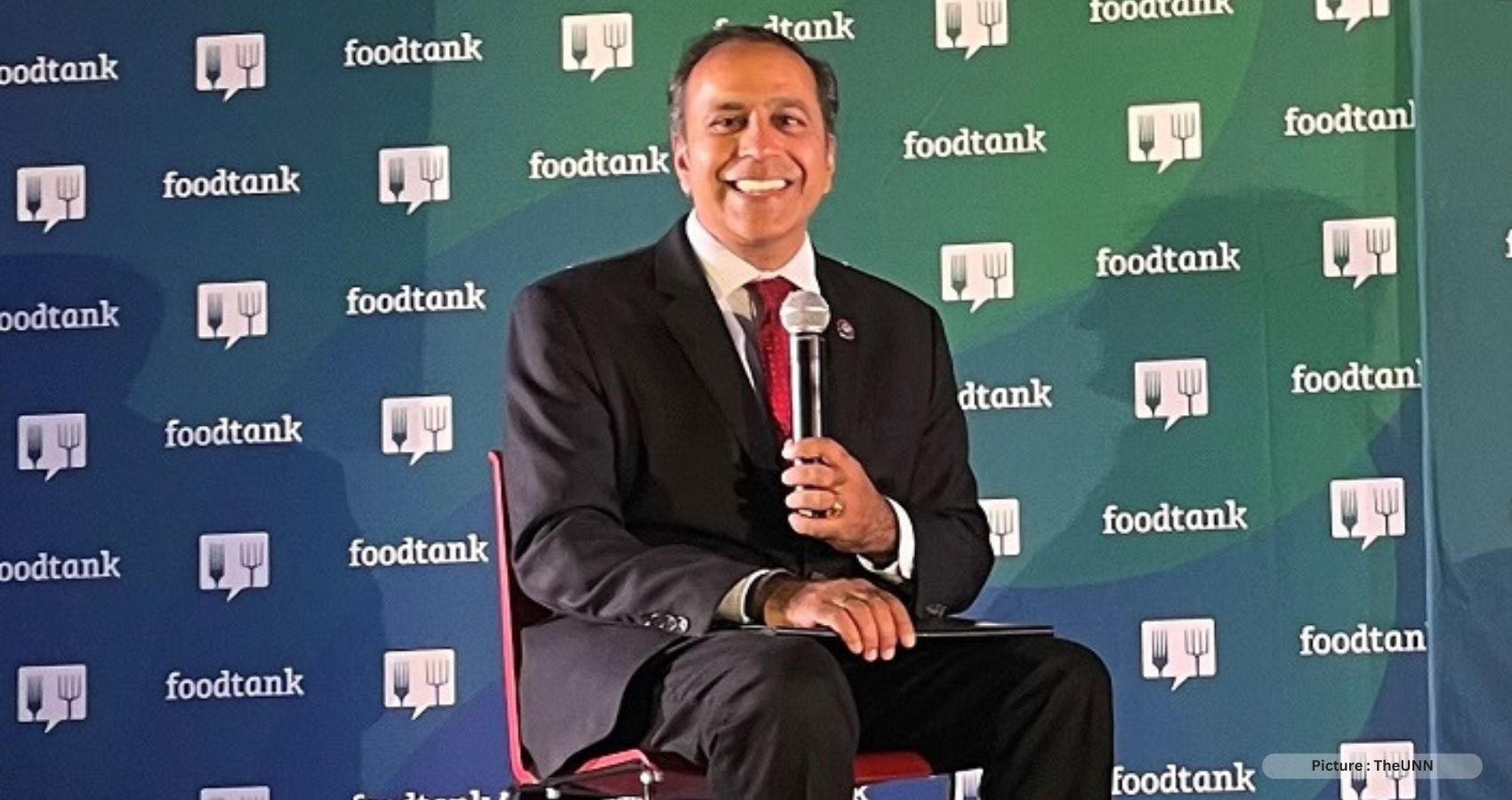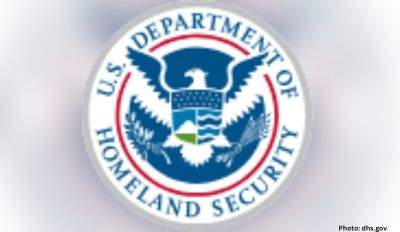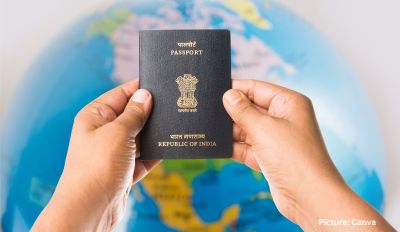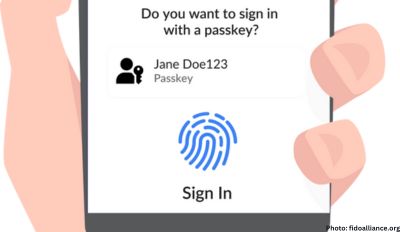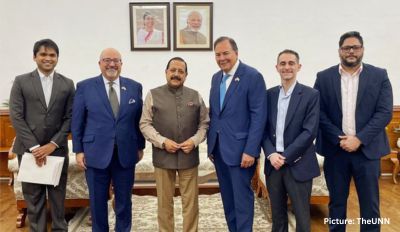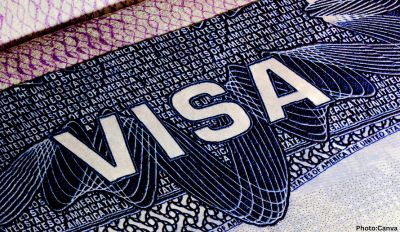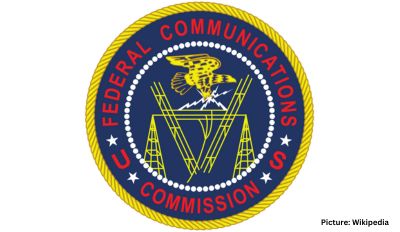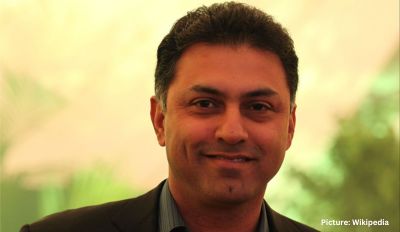Congressman Raja Krishnamoorthi (IL-08) introduced H.R. 4647, the High-Skilled Immigration Reform for Employment (HIRE) Act, which would strengthen U.S. competitiveness by helping to close the skills gap – the space between the skills required for jobs that employers need to fill, and the skills possessed by current prospective employees.
The Bill, supported by ITServe Alliance, the largest association of IT Services organizations functioning across the United States, aims to close the skills gap and foster economic growth by investing in domestic talent and drawing the best minds from around the world to drive technological innovation.
The HIRE Act would help to close the skills gap by providing additional funding to strengthen U.S. elementary and secondary school science, technology, engineering, and math (STEM) education programs while also doubling the number of H-1B visas available annually from 65,000 to 130,000 to allow American employers, including in critical technology sectors, to draw the best talent from around the world.
“Creating jobs and building the economy of the future requires us to lead the way in technology by developing our domestic workforce while drawing the best talent from around the world,” said Congressman Raja Krishnamoorthi. “That is why I am proud to introduce the HIRE Act to increase investments in elementary and secondary school STEM education while doubling the number of available H-1B visas from 65,000 to 130,000. By investing in our homegrown talent while attracting the best minds from around the world, we can create better paying jobs and harness the technology of tomorrow.”
“The U.S. needs to maintain its leadership in technology and innovation,” Vinay Mahajan, ITServe Alliance President, said. “The startup Eco System needs to be supercharged. One critical component of both is high-skilled workers. The U.S. has a large skills gap – availability of workers vs the openings for talent in IT. The HIRE Act focuses on reducing this gap through high-skilled immigration and funding for growing local STEM talent. We need the brightest minds from all over world to keep our wide lead in technology and innovation.”
The US runs the H-1B visa program to make up for the shortage of specialty workers, although critics have argued that the shortage is highly exaggerated and that the program is being used by American companies to use less expensive foreign workers brought here by IT services companies.
An estimated 75% of the H-1B visa granted in a year add up to 85,000 — 65,000 workers hired abroad and 20,000 recruited from foreign students enrolled in US colleges and universities — are known to go workers from India, hired by some of the largest US tech giants such as Amazon, Microsoft, Google and Facebook as well as IT services behemoths like Infosys, TCS and Wipro.
In the past similar Bills were introduced but did not move forward due to lack of support in Congress.
The Innovation Employment Act, introduced by Representative Gabrielle Giffords, an Arizona Democrat, was introduced in the Congress with an effort to increase the cap in H-1B visas from 65,000 a year to 130,000 a year. In addition, there would be no cap on H-1B applications for foreign graduate students attending U.S. colleges and studying science, technology and related fields. Currently, there’s a 20,000-a-year cap on visas for graduate students in all fields. The legislation would increase the H-1B cap to 180,000 in 2010 to 2015 if the 130,000 cap is reached the year before. However, this Bill did not pass the Congress.
Microsoft’s former Chairman Bill Gates had called for an increase in the H-1B visa cap while testifying before the House of Representatives Science and Technology Committee. In recent years, the H-1B cap has been filled days — or even the same day — after the government opened the application period.
“We provide the world’s best universities … and the students are not allowed to stay and work in the country,” Gates said. “The fact is, [other countries’] smartest people want to come here and that’s a huge advantage to us, and in a sense, we’re turning them away.”
The legislation “would boost America’s competitiveness by giving U.S. employers the flexibility they need to hire the best talent available to fill a severe shortage of qualified U.S. high-skilled workers,” Jack Krumholtz, management director of federal government affairs for Microsoft, had said in a statement. The bill would also increase U.S. jobs; Microsoft hires an additional four people to support each H-1B worker, Krumholtz said.
The U.S. government will begin accepting visa applications for next year in April, and Microsoft predicted the cap would be filled the same day, as it was in the past. “The current system effectively prevents American companies from hiring this year’s foreign-born university graduates,” Krumholtz added.

